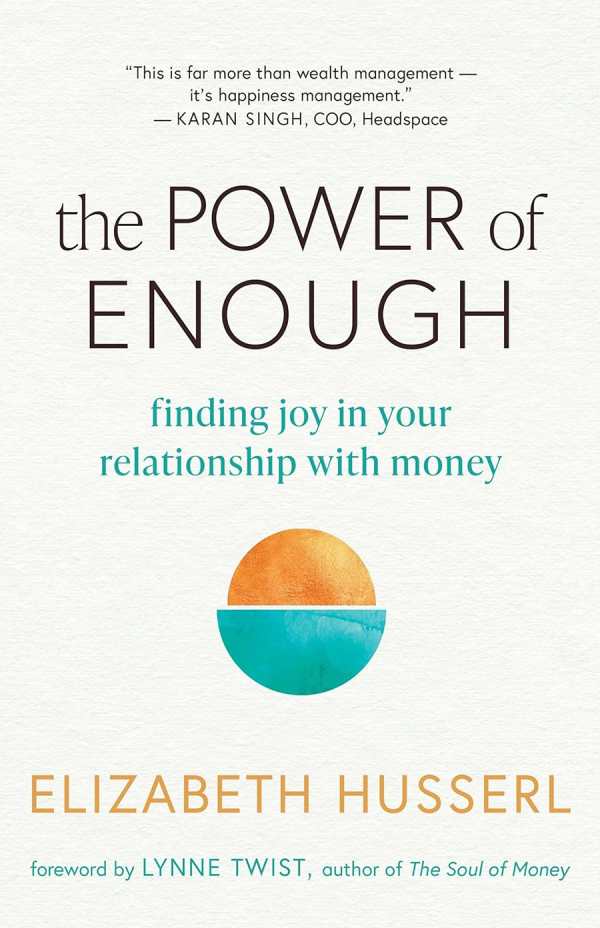The Power of Enough
Finding Joy in Your Relationship with Money
Elizabeth Husserl’s personal finance guide, The Power of Enough, redefines wealth in terms of holistic well-being.
An invitation to transform one’s relationship with money by rejecting the abundance versus scarcity mindset to embrace meaning and fulfillment, the book treats money as a social technology and spiritual guide. It encourages seeking understanding of the roots of one’s dysfunctional relationship with money and defines wealth as “not about having everything, but rather about finding meaning in everything we have.” There’s guidance for unlocking the power of enough by “embodying wealth”—that is, experiencing wealth in their bodies, hearts, and minds through self-reflection and mindfulness. Here, a wealthy person is not one who has accumulated money or achieved traditional success but one who has lived a life of satiation and purpose.
The early chapters are theoretical and esoteric, featuring abstract concepts sans tangible takeaways. They allude to a “simple, three-step process” to embody wealth with recommendations to “recognize and appreciate each moment of meaning that nourishes you” and “digest these moments of meaning by integrating what nourishes you and releasing whatever your body doesn’t need.” But as the text proceeds, its recommendations become more concrete.
Interactive exercises and writing prompts ground the book, which is punctuated by “Mini Moments” of self-reflection and mindfulness practices like clinching and releasing one’s fists to represent letting go of material things. Activities like creating a wealth mandala, tracing personal money memories, and holding conversations with money—one of the book’s most innovative suggestions—encourage delving into one’s individual relationships with money in order to transform them.
Earnest and unconventional, The Power of Enough is a holistic financial guide built on meaning, fulfillment, and embodied wealth.
Reviewed by
Hannah Pearson
Disclosure: This article is not an endorsement, but a review. The publisher of this book provided free copies of the book to have their book reviewed by a professional reviewer. No fee was paid by the publisher for this review. Foreword Reviews only recommends books that we love. Foreword Magazine, Inc. is disclosing this in accordance with the Federal Trade Commission’s 16 CFR, Part 255.

